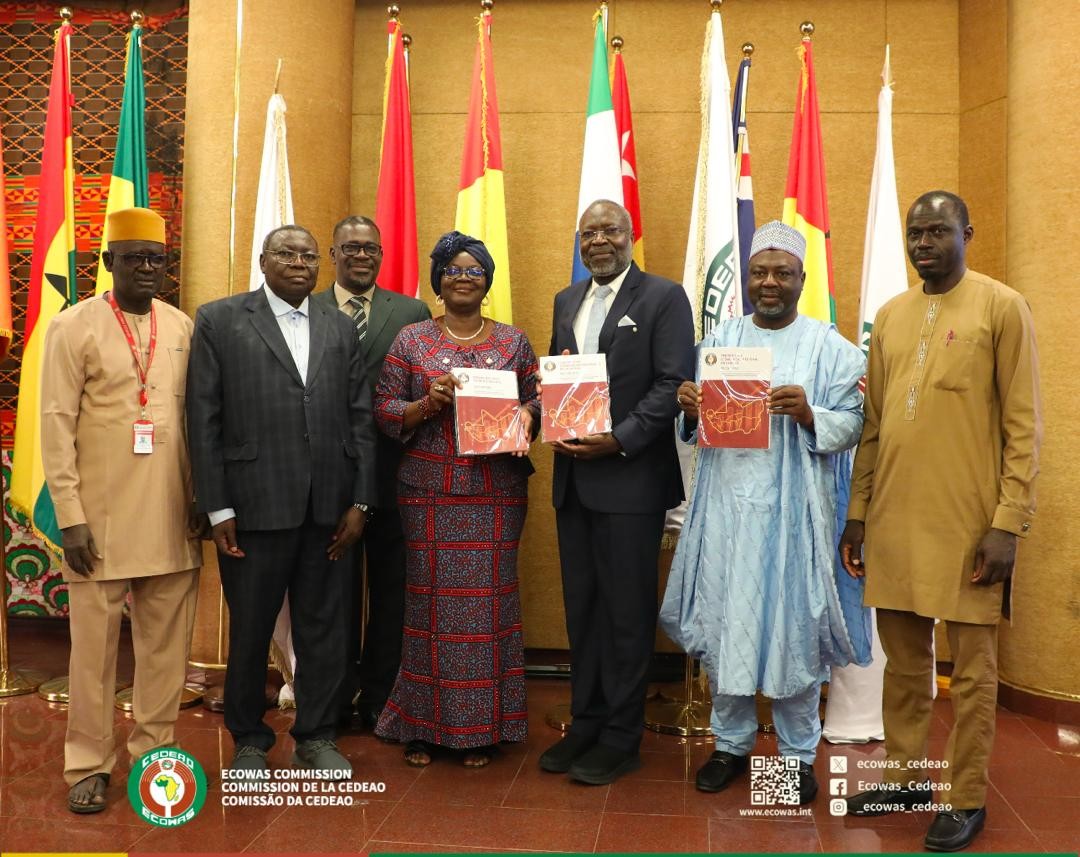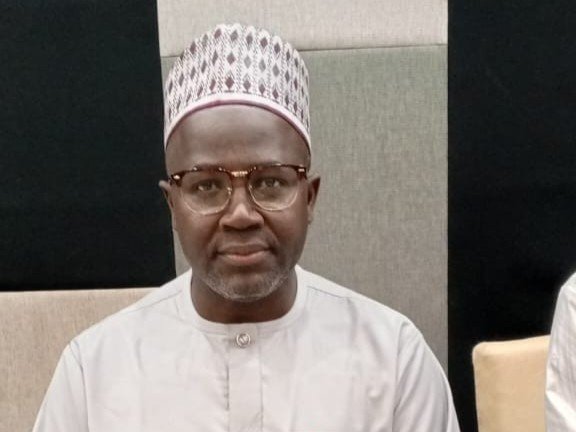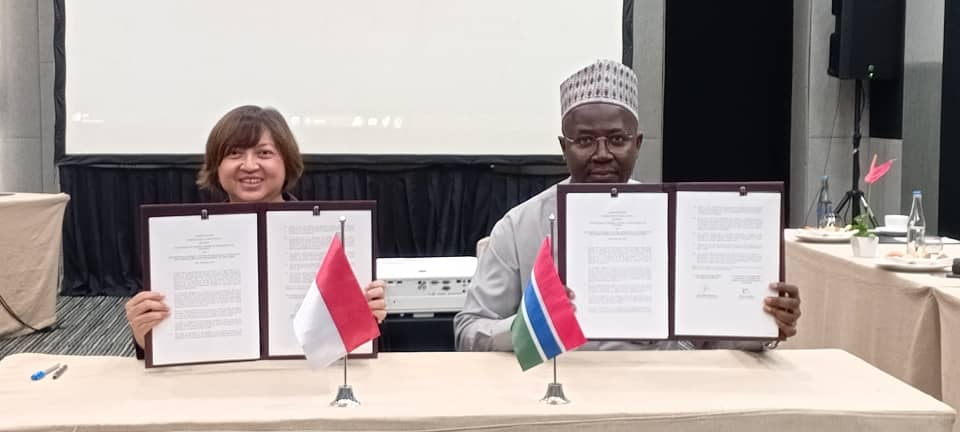The ECOWAS Commission has released the first edition of its Regional Economic Outlook Report, addressing economic dynamics amid political instability and security threats.
The report, received by ECOWAS Commission President Dr Omar Alieu Touray in February 2025, underscores the link between stability and development, aligning with ECOWAS Vision 2050.
The report highlights economic resilience despite global challenges. While ECOWAS recorded a 3.9% growth rate in 2023, inflation soared to 17.3% due to currency depreciation and rising food costs. “The global environment is impacting our economic prospects,” the report notes, recommending macroeconomic policy coordination and security reforms.
Forecasts indicate regional GDP growth of 4.1% in 2024, with Benin, Côte d’Ivoire, and Senegal leading the recovery. However, political instability, sanctions, and high inflation – especially in Ghana – pose risks. The report also warns of climate vulnerabilities exacerbating poverty and economic disparity.
Security remains a pressing concern, with conflicts and coups in Mali, Guinea, Burkina Faso, and Niger. Maritime piracy in the Gulf of Guinea costs affected nations $1.94 billion annually. “We cannot afford to address these issues in silos,” an official stressed at a security workshop. The report calls for reforming the Additional Protocol on Democracy and Governance, strengthening partnerships with the AU and UN, and mobilizing resources for ECOWAS’ Standby Force.
Efforts to enhance regional security include the establishment of Early Warning Coordination Centres in 11 member states, with four more underway.
Mr Gbenga Erin, Geographic Information Analyst at ECOWAS, emphasised that “maintaining high data quality is critical for effective decision-making”. The Outlook concludes that economic diversification, investment in human capital, and financial integration are key to sustaining growth and achieving a peaceful and prosperous West Africa.






